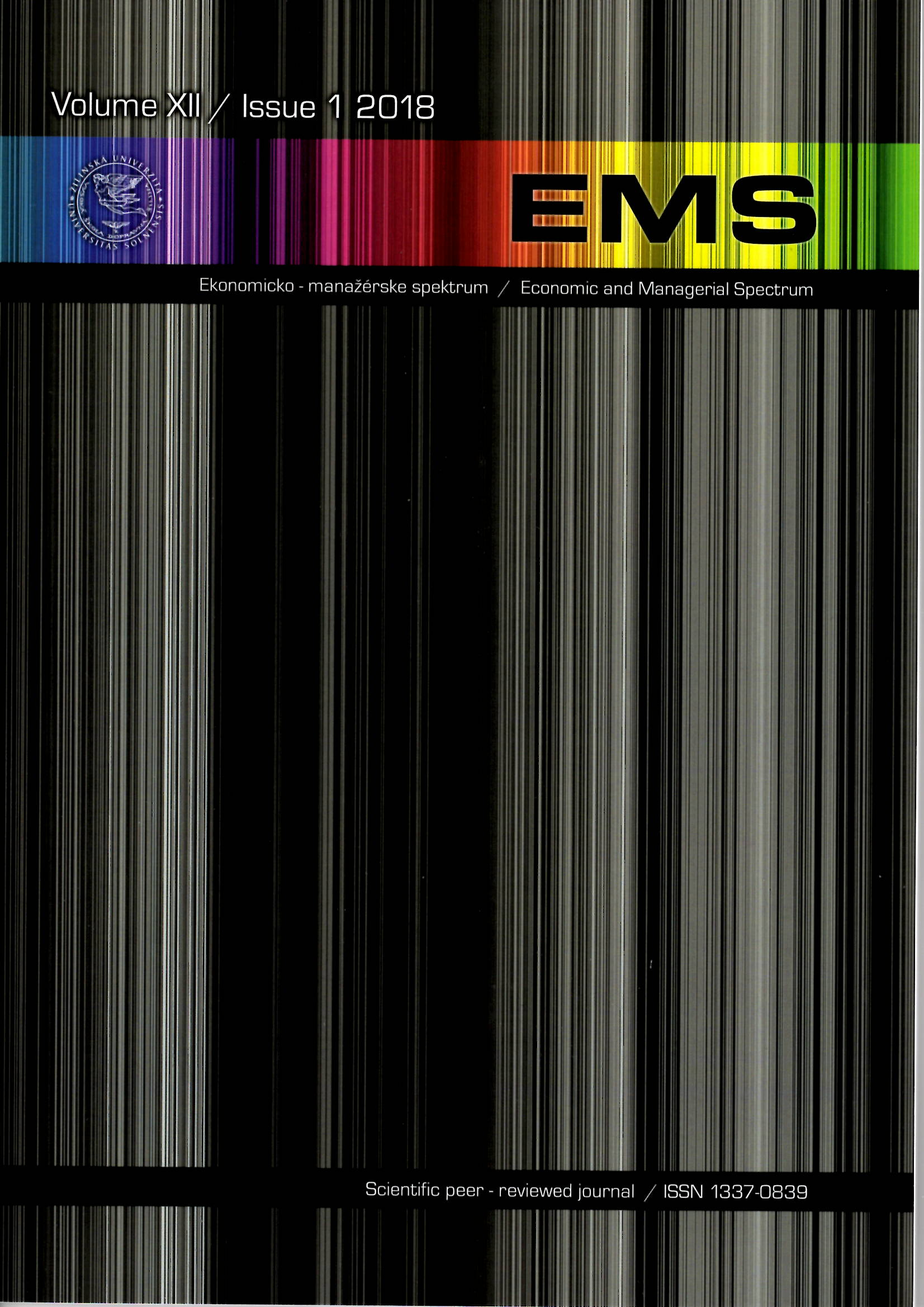OVERCOMING PARADOX FOR SOCIAL
ENTERPRISE DEFINITION: CASE OF
LITHUANIA
OVERCOMING PARADOX FOR SOCIAL
ENTERPRISE DEFINITION: CASE OF
LITHUANIA
Author(s): Laima Okunevičiūtė Neverauskienė, Irena PranskeviciuteSubject(s): Economy, Business Economy / Management, Socio-Economic Research
Published by: Žilinska univerzita v Žiline, Fakulta prevádzky a ekonomiky dopravy a spojov, Katedra ekonomiky
Keywords: Social Enterprise; non-governmental organization; rural community; public services; decentralisations;
Summary/Abstract: The study explores dilemma around de jure adopted social enterprise conceptionand social enterprise universe de facto developing through bottom-up initiatives. Thepresented analysis of Lithuania case presents sitaution, where conception on social enterprisewas adopted following EU framing, and good practices of countries, having strong historicallroots of social enterprise development, but bypassed evaluation of local context. The studyshows, that narrow definition of social enterprises, applied to the legal framework of the stateleads to deterioration of the social entrepreneurship concept and forms alternative area ofvarious social enterprise models embedding global practices and broad definition of socialenterprise. In Lithuania two contradictory domains of de jure and de facto social enterprisesemerge and create dichotomous situation where some social enterprise forms are permanentlysupported and recognized by the state and others – not. Situation of Lithuania is especiallyreferring to Central and Eastern Europe countries where natural development of socialenterprises was historically interferred. The study elaborates hypothesis, that adoption ofsocial enterprise conception to national legal framework shall be designed primarilycorresponding to de-facto existing social enterprise universe and placing them along acontinuum. It shows the need to pay attention to local and global evolutionary discourse andappreciate cross sectoral nature of social enterprises and their special place in the overalleconomy. It reveals that social entrepreneurship as main catalyst for social innovations gobeyond conventional "bi-polar" representations of the economic landscape. The non-profitsector can no longer be viewed as separate to the business or state sector, instead, socialenterprise models appear as intermediate actors. This view emphasizes the need for synergeticmixes of resources, cross-sectoral policies making and support means to social enterpriseorganizations, rather than clear-cut frontiers and divisions between sectors
Journal: Ekonomicko-manazerske spektrum
- Issue Year: 12/2018
- Issue No: 1
- Page Range: 104-118
- Page Count: 15
- Language: English

